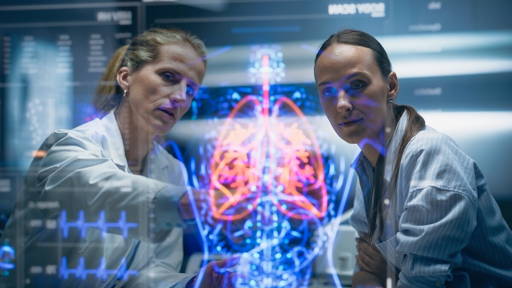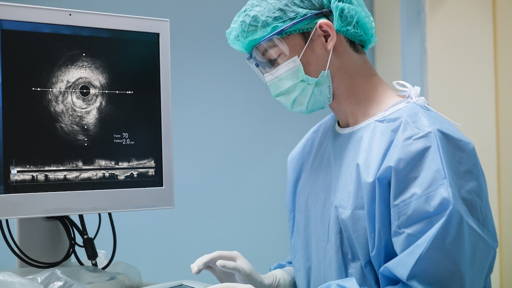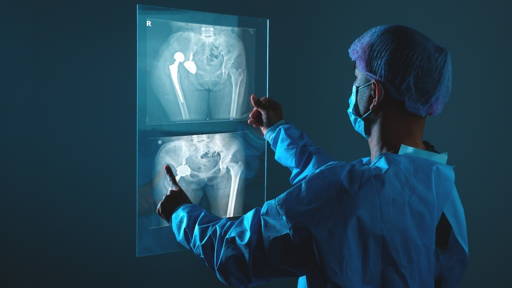Researchers at Johns Hopkins University have developed an advanced AI model that recognises signals in standard preoperative ECGs (electrocardiograms) to predict which patients are likely to develop potentially fatal complications after surgery. These complications can range from heart attack and stroke to death. According to the study, this model provides better predictions than the current risk scores that surgeons and anaesthesiologists typically rely on.
An ECG is a routine and non-invasive heart test that is already standard practice before major surgery. Although this test is mainly used to assess heart function, it contains a lot of subtle physiological data that is not visible to the naked eye. Think of aspects such as inflammatory processes, electrolyte balance, fluid status, metabolism and the general condition of the cardiovascular system. By applying deep learning to large data sets, AI can extract and interpret all these signals, says Robert D. Stevens, head of Informatics, Integration and Innovation at Johns Hopkins Medicine.
Research design and results
The team analysed preoperative ECG data from approximately 37,000 patients at Beth Israel Deaconess Medical Centre in Boston. Two types of models were trained:
- A model that uses only the ECG.
- A ‘fusion model’ that combines ECG data with patient characteristics such as age, gender and medical history.
The ECG-only model already outperformed conventional risk scores, but the fusion model achieved 85% accuracy in predicting serious postoperative complications within 30 days (heart attack, stroke or death). According to lead author Carl Harris, this is surprising because it is often thought that extensive data is needed to assess such risks.
Impact on clinical decision-making
The implications are significant. Instead of risk tables or scoring forms that are partly inaccurate, AI-based prediction would give doctors and patients better insight into the risk prior to surgery. This could lead to different choices in preparation and aftercare, more personalised interventions or even considerations as to whether or not surgery should take place.
An additional result is that the model is explainable: researchers have developed methods to indicate which ECG characteristics (such as changes in morphology) contribute to the prediction of complications. This is important for acceptance by clinicians, because transparency and comprehensibility are essential for integrating AI into healthcare practice.
Points of attention and next steps
However, there are also challenges. The current research is retrospective in nature, based on data from a single large medical centre. The models must be externally validated on datasets from other hospitals and prospectively tested on patients who are about to undergo surgery. It is also important to adapt workflows in hospitals so that AI risk predictions work in conjunction with existing healthcare procedures.
In this study, AI has proven to be a promising technology for better identifying the risks of complications during surgery than traditional risk profiles. Large-scale application requires reliability, interpretation, integration into clinical routines and external validation to be in order. Such a development can contribute to safer surgery, better patient outcomes and possible cost reductions through the prevention of serious complications.
AI helps healthcare
We are increasingly seeing healthcare institutions using AI to support and/or relieve doctors in making decisions or assessing medical risks. One example is the AI tool developed in Germany, called DeepNeo, which automates the analysis process of coronary stents after implantation. The AI-driven algorithm significantly reduces assessment time and matches the expertise of medical experts.







